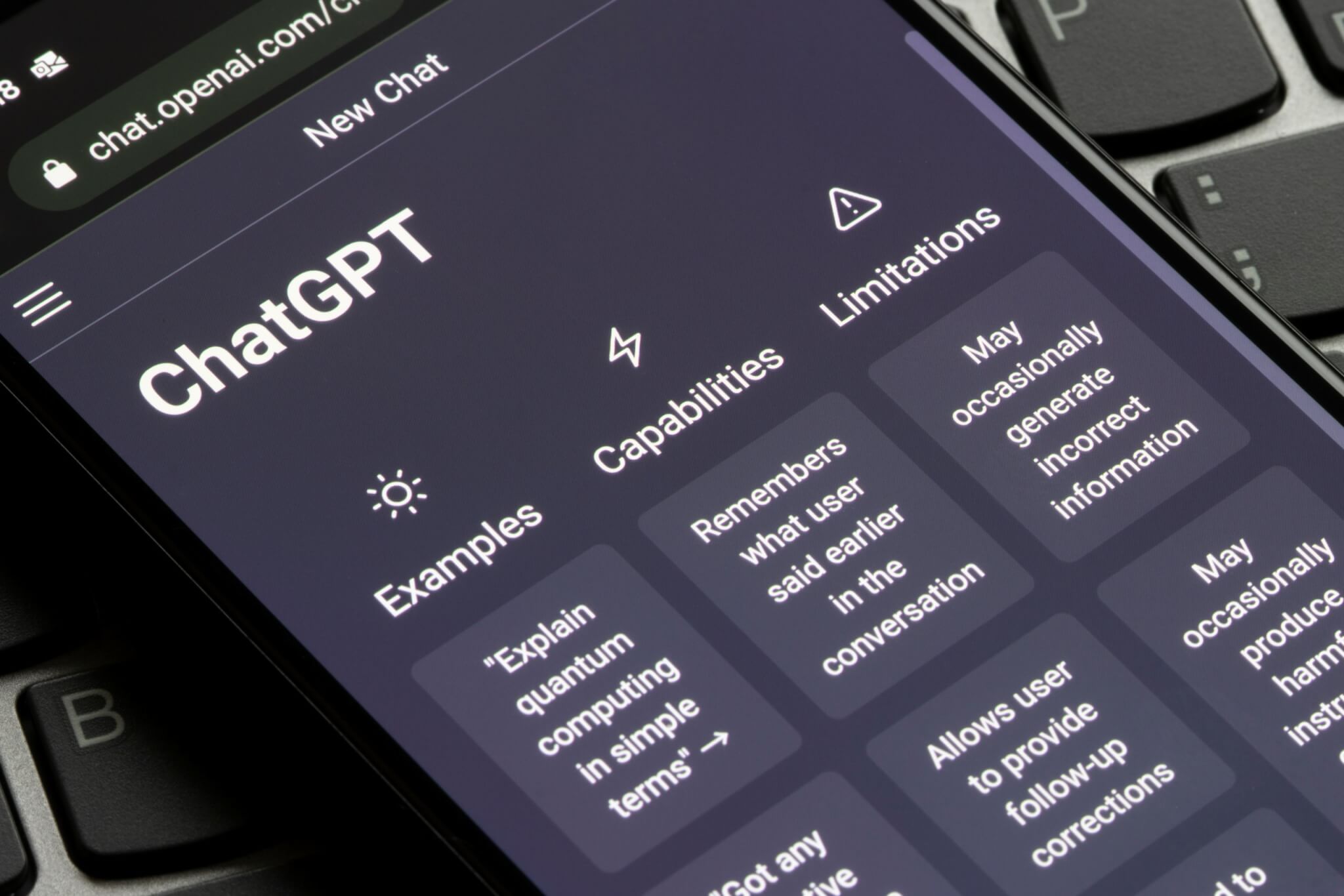UPPSALA, Sweden — The idea of artificial intelligence (AI) actually being trusted to perform the duties of a human doctor sounds ridiculous at first glance, but new research suggests that ChatGPT is truly capable of writing medical notes up to 10 times faster than human doctors – without compromising their quality.
💡What To Know:
- ChatGPT is an advanced language model, designed to understand and generate human-like text based on the input it receives.
- Artificial intelligence refers to the simulation of human intelligence in machines that are programmed to think and learn like humans.
- Researchers believe the technology can free up doctors so they can spend more time with their patients.
These findings come from a team at Uppsala University Hospital and Uppsala University in collaboration with Danderyd Hospital and the University Hospital of Basel, Switzerland. While this project utilized a small sample size of just six virtual patient cases, study authors will soon be following up with a much more in-depth assessment of 1,000 authentic patient medical records.
“For years, the debate has centered on how to improve the efficiency of healthcare. Thanks to advances in generative AI and language modeling, there are now opportunities to reduce the administrative burden on healthcare professionals. This will allow doctors to spend more time with their patients,” explains Cyrus Brodén, an orthopedic physician and researcher at Uppsala University Hospital and Uppsala University, in a media release.
Administrative tasks consume a large portion of a doctor’s working hours, consequently reducing the time devoted to patient contact and contributing to a more stressful work situation. Now, however, researchers have successfully shown that the AI model ChatGPT can write administrative medical notes up to 10 times faster than a human doctor without compromising any quality at all.

Originally, researchers set out to assess the quality and effectiveness of the ChatGPT tool while producing medical record notes. To that end, they utilized six virtual patient cases mimicking real cases in terms of both structure and content. First, human orthopedic physicians generated discharge documents for each case. Then, ChatGPT-4 had to create notes as well. Subsequent quality assessments fell under the purview of an expert panel of 15 people unaware of the source of the documents. As a secondary metric, the study authors also compared the time required to create the documents.
“The results show that ChatGPT-4 and human-generated notes are comparable in quality overall, but ChatGPT-4 produced discharge documents ten times faster than the doctors,” Brodén notes.
“Our interpretation is that advanced large language models like ChatGPT-4 have the potential to change the way we work with administrative tasks in healthcare. I believe that generative AI will have a major impact on healthcare and that this could be the beginning of a very exciting development.”
Moving forward, researchers plan to launch an in-depth study soon. They’ve already collected 1,000 medical patient records for the new project. Their main aim is to eventually use ChatGPT as a means of producing similar administrative notes in patient records.
“This will be an interesting and resource-intensive project involving many partners. We are already working actively to fulfill all data management and confidentiality requirements to get the study underway,” Brodén concludes.
The study is published in the journal Acta Orthopaedica.

Good to hear that